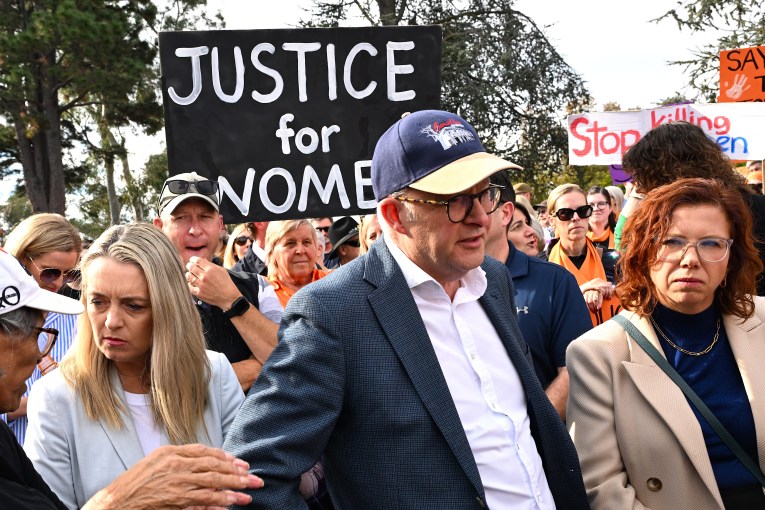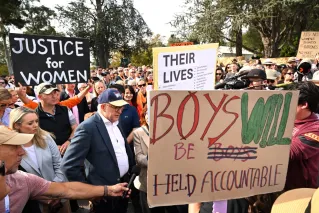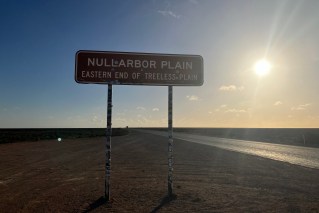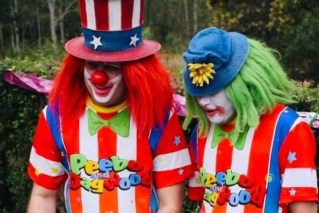Call it what you like, but for one day can we at least agree to be kind to one another?
Despite all the things that divide our nation on Australia Day – or Invasion Day – there is also much to be admired, whatever day it is, writes David Fagan.

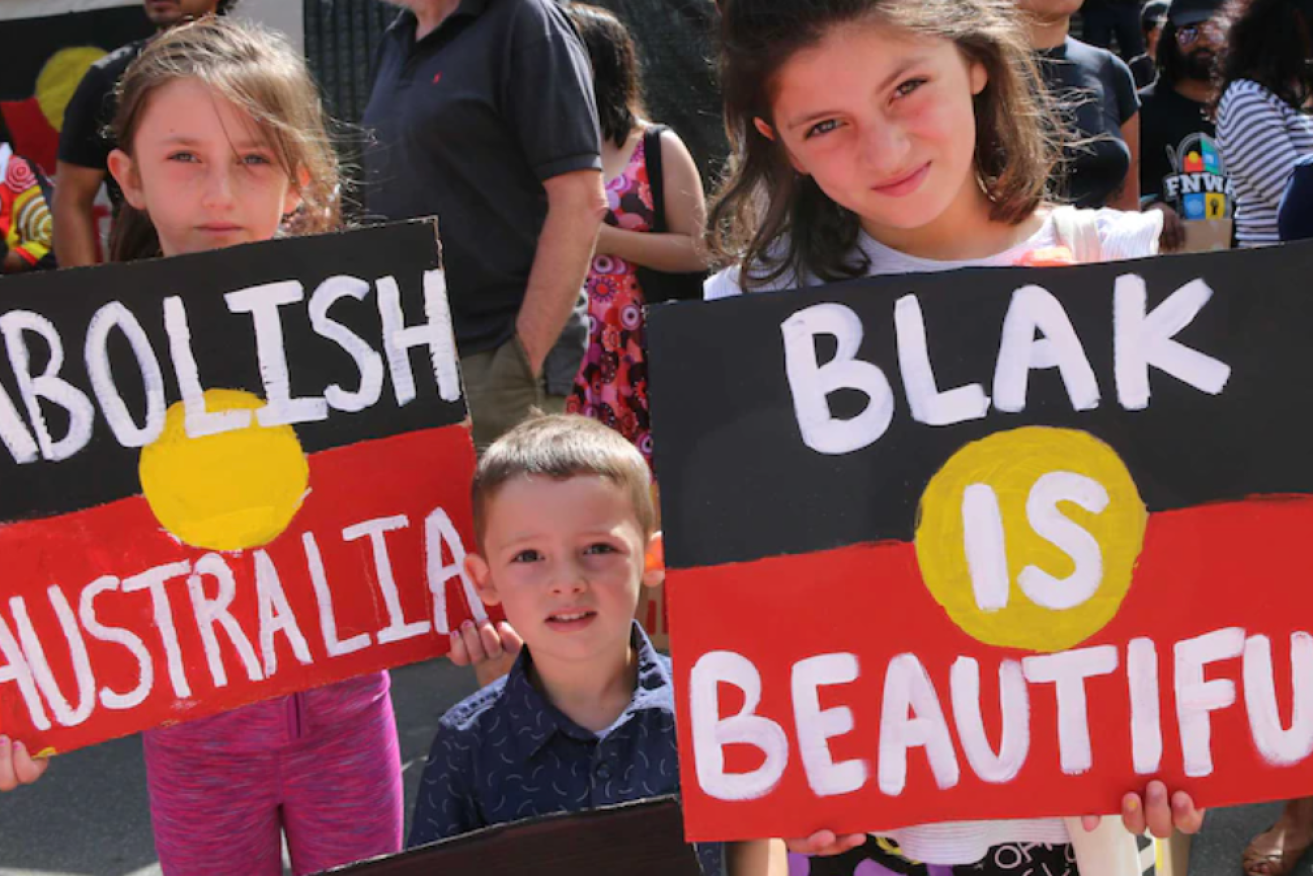
Mass protests are expected to mark "Invasion Day" around the country on Friday. (Image: ABC)
It’s hardly surprising that a country that can’t agree on railway gauges, winter football codes, an official date to mark our head of state’s birthday or even the time should differ over the meaning of its national day.
And here we go again into Australia Day 2023, the anniversary of the First Fleet colonising what is now Australia, bickering over whether to celebrate or commiserate.
Some people will use Thursday’s holiday, the 235th anniversary of Captain Arthur Phillip anchoring in Sydney Cove to lament “Invasion Day”. They will appropriately highlight the wrongs Captain Phillips’ settlement visited on the original inhabitants of the land.
Some other people will use the holiday to celebrate what they believe is uniquely Australian – whether that’s the relatively new and distinctly odd past-times of racing canetoads, quaffing lamingtons or tossing thongs or the more established and sombre rituals of new arrivals swearing their allegiance to a country they have adopted as their own.
Some private businesses have made something of giving its staff an alternative holiday to Thursday if they don’t want to mark the day – attention grabbing but hardly revolutionary to offer days in lieu of holidays worked.
All this leads inevitably to the question of whether Australia Day matters as our national day or whether we need to find an alternative.
The original settlement itself is barely something to celebrate. Captain Phillip landed in Botany Bay before discovering the far more promising Sydney Cove to the north. Then the arrival of full fleet (ie the convict boats shipping women) saw an all-in drunken party where it’s reasonable to think consent was never really an issue.
And there is now sufficient evidence to support the argument that the settlement was undertaken illegally, even on 18th Century terms. (And I recommend Dr Henry Reynolds’ Truth-Telling if you want to know more about this.)
The subsequent events are barely any better, with the colonists seizing the land and eradicating or shifting its inhabitants without regard.
Against this background, we have created a nation in which we can take great pride. Travel overseas and tell someone you encounter you’re from Australia and you will see the wistful looks that imagine this as a land of opportunity.
And truly it is: our economy (thanks to its rich natural resources) sails through downturns. Our social discourse (while occasionally stretched) does not reach the levels of violence of the rest of the world. And our innovation sees us have a cultural influence that outstrips our population.
We lament our shortcomings and, too often, overlook our successes. Just one topical example: last week the Productivity Commission released a detailed analysis of the failings of our education system, pointing out how our school outcomes lag many other countries. This is so and is a challenge we have to meet.
But within its mountain of analysis, there is also this fact: the proportion of students who fall short of national standards, as measured by the NAPLAN test, falls between Years Three and Five. In other words, the education system is doing what it should – improving the capacity early in school of those who most need it. This fact is buried and my hope is that improvement continues through their school years.
But the real tale of woe goes back to the hangover from the European settlement of this country. The group that lags in every aspect of education are the Aboriginal and Torres Strait Islanders. Just as they lag in health outcomes, employment, and exposure (as victims or perpetrators) to the criminal justice system.
The big question this Australia Day – and every day in this country – is how to address this in a way that can give us pride in every aspect of this nation.
Over coming months, we will hear a lot more of this as it’s pointed out that this is of greater importance than the upcoming referendum enshrining a First Nations voice in the constitution. We’re a smart country. We can do both – and more.
If you were one of the lucky 45,000 to see Elton John perform his final Australian show any Suncorp Stadium on Saturday night, you might have noted his sage advice. No, it wasn’t Saturday Night’s Alright For Fighting but an observation after five decades of performing here that we truly are a wonderful country. His advice: be kind to each other.
However, you’re marking Thursday, be kind. Let’s at least agree to that.
